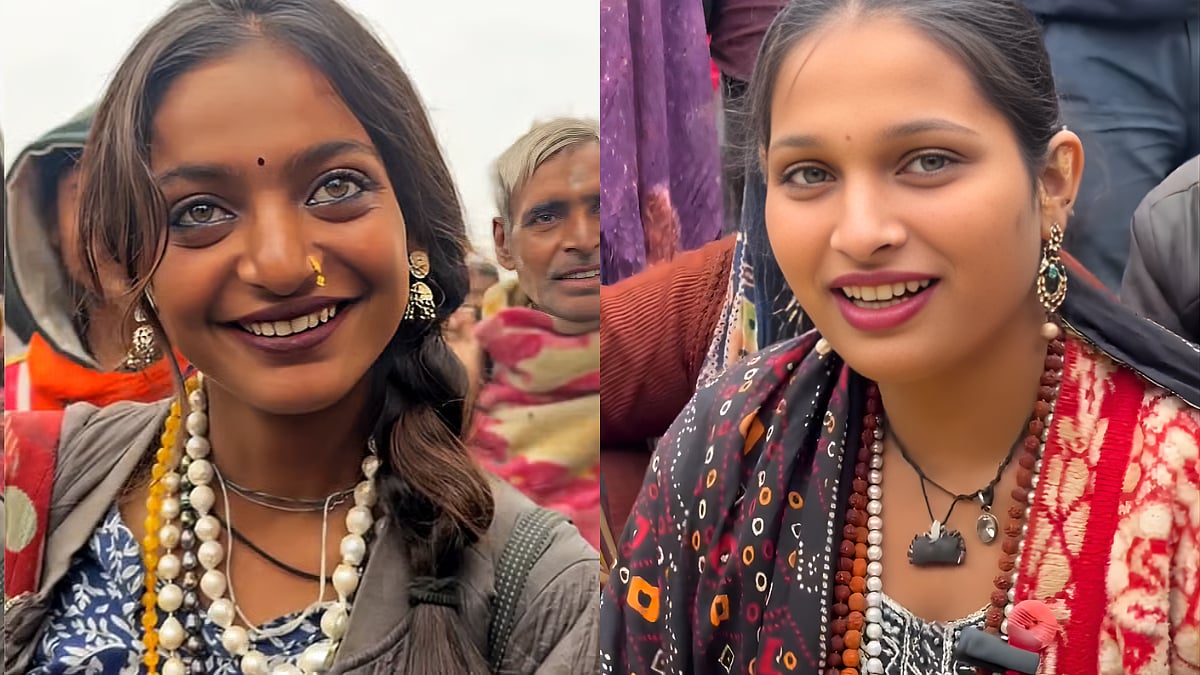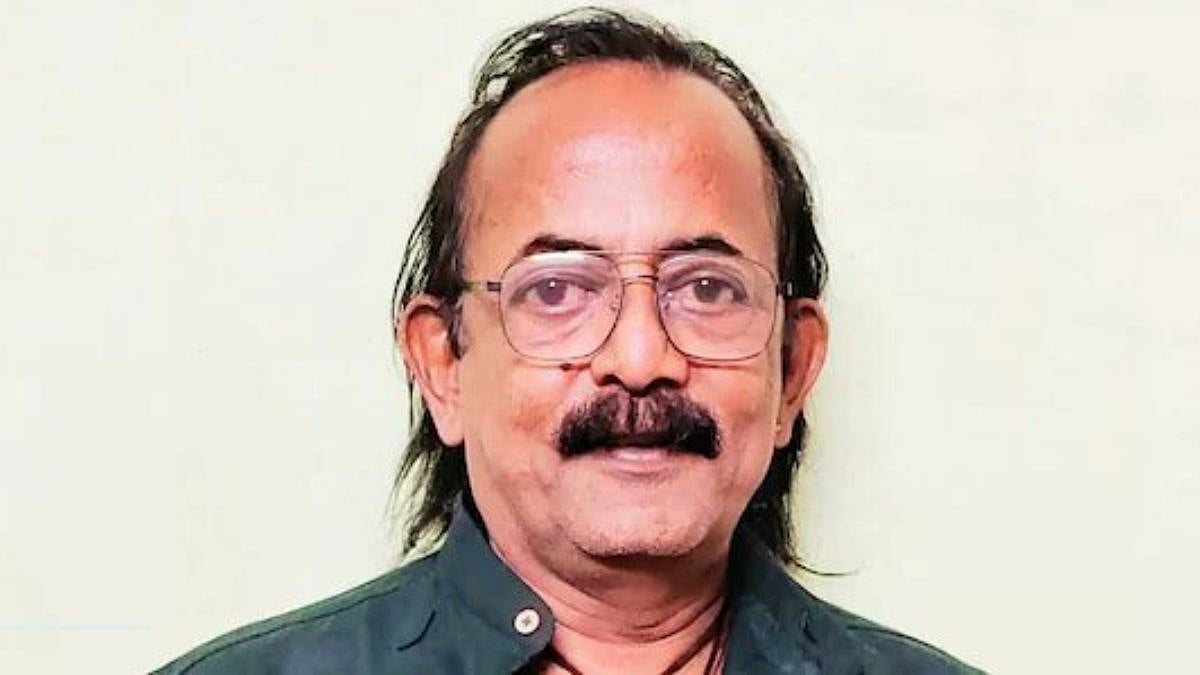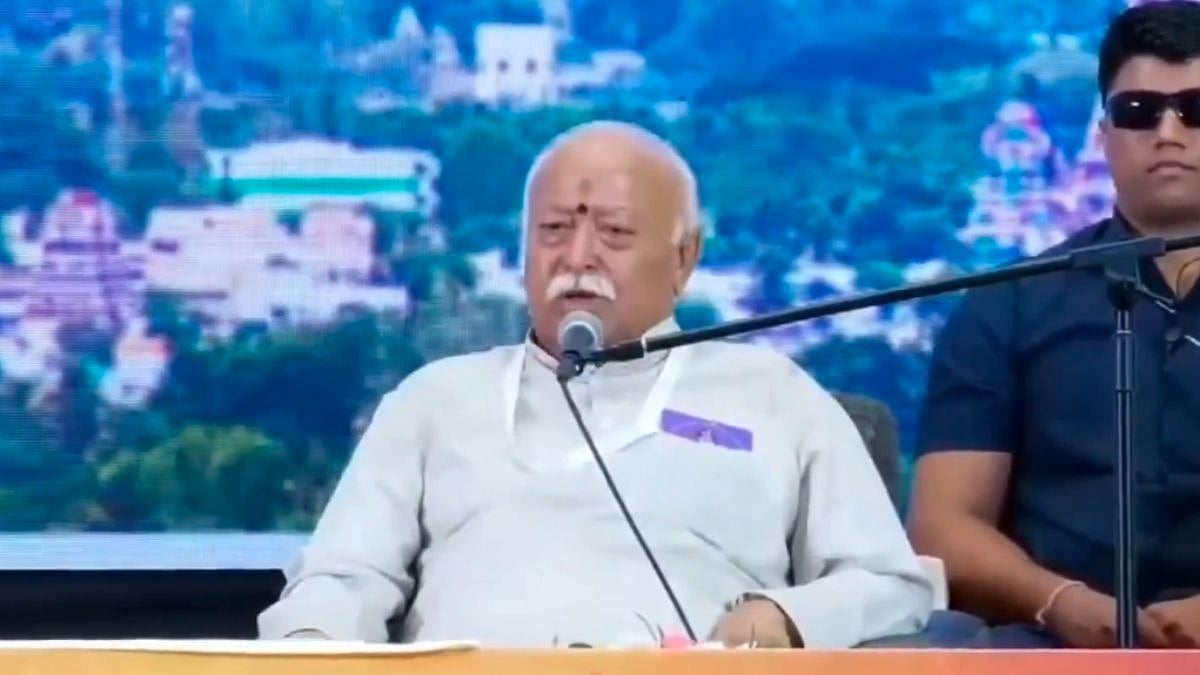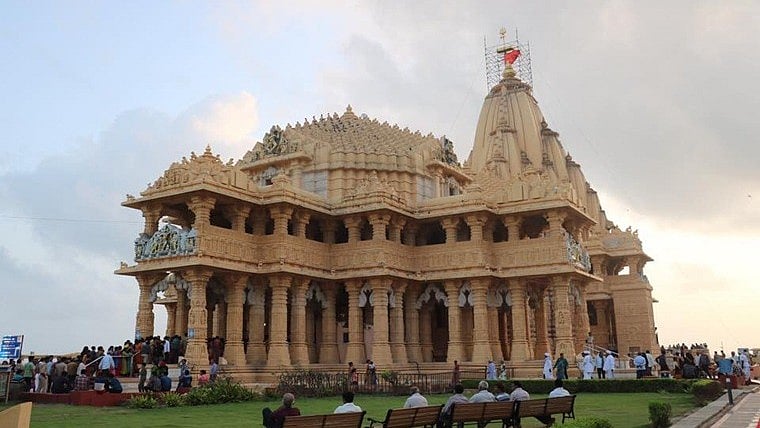Doctors rose to the occasion during the Covid crisis but the same cannot be said about our public health system, which itself is on the ventilator. Often, government and civic hospitals are so filthy that infections acquired there undo the efforts of the health workers. Embarrassingly, in the run-up to National Doctors’ Day on July 1 the media was abuzz with stories about an ICU patient’s death after a rat gnawed at his eye at Rajawadi Hospital, one of the largest civic hospitals in the eastern suburbs. If this is what happens in the commercial capital of the country where the budget of the municipal corporation exceeds that of several small states, think about the rest of the country.
Indeed, rats have the run of our public hospitals. Indore’s status as the cleanest city in India was dented in May this year when rats nibbled at the feet of a newborn at Maharaja Yeshwantrao hospital, one of the oldest government medical colleges in India. Another newborn died after rats feasted on it in the maternity ward of a government hospital in Kishtwar district of Jammu in 2016. The hospital’s defence was that the baby had died before it was bitten.
In October last year, rats scampering in the ICU of the government super-speciality hospital at Salem in Tamil Nadu made for a viral video. Kerala, which prides itself on its public health system, is no exception. In April 2018, K K Shailaja, the then Kerala health minister, ordered an inquiry after patients at Thiruvananthapuram Medical College hospital complained that no pest control was being done despite two rat bite cases in a week.
Coming back to Mumbai, three cases of rat bites were reported in 2016-’17 at Shatabdi Hospital, Kandivli. Clearly, ‘once bitten, twice careful’ didn’t apply to this civic hospital which had been revamped at a cost of Rs 114 crore in 2013. However, it prompted the local corporator into displaying a rat at BMC’s general body meeting, one he claimed he had trapped at the hospital. The rat bites caught the notice of the state human rights commission which ordered a compensation of Rs 2 lakh each to the victims. The commission also castigated the municipal corporation for its ‘shocking response’ to its notice.'
In June 2018, an RTI application revealed that more than 3,000 rats had been killed/caught by the pest control department in the previous five years at municipal hospitals in Mumbai. Surprisingly, 2,000 of them were caught in just one hospital; Nair Hospital at Mumbai Central. Rajawadi Hospital was a distant second with 374 while Sion hospital drew a blank.
Not only rats but cats and dogs too abound in our civic hospitals. On February 2 this year, a probe was ordered after a video showed dogs roaming around freely in the wards of Nagpur’s Government Medical College and Hospital. Till some years dogs ruled the corridors of KEM hospital, Mumbai’s premier civic hospital, spraying urine to mark their territories and even entering the ICU. Last year, 30 cats were trapped in the hospital; talk of CAT scans. Heaps of junk and cesspools breeding mosquitoes too were reported at KEM.
The less said the better about the toilets in public hospitals. A survey conducted by WaterAid India, a non-profit organisation, showed that half the public health dispensaries outside metros have non-functional toilets. Several civic hospitals in Mumbai do not have soap in their toilets. Often, they are not cleaned for weeks because of shortage of sweepers. Last year, the body of a 27-year-old tuberculosis patient who had tested positive for Covid-19 was found in the toilet of the TB Hospital at Sewri, Mumbai, 14 days after he went missing.
This kind of chronic neglect of public health has led to India ranking below Cambodia in the maternal mortality rate and equaling Nigeria in the infant mortality rate. The Economic Survey itself admits that India is ranked 145th out of 180 countries (Global Burden of Disease Study, 2016) on the quality and access of healthcare. Only a few sub-Saharan countries, some Pacific islands, Nepal and Pakistan are ranked below India.
And we don’t seem to be ashamed about it because public hospitals are for the poor. India’s middle class got a taste of the dehumanising conditions in such hospitals during the Covid crisis. Their unpreparedness for ventilators and oxygen as also short-circuit fires just shows the total collapse of administration.
Our public hospitals are overburdened but they operate in an unthinking way. For instance, queues for Covid test and vaccination stood side by side in some dispensaries. It seems that our doctors and the hospital administrators have given up all hope of improving the system. The only things that work smoothly are scams. Costly imported scanning machines lie unused for years because of lack of repairs to a small component. Meanwhile, the private lab across the road does brisk business. Medicines meant for patients are diverted to private pharmacies. Resident doctors themselves have to bribe their bosses to appear for MD exams. In Vashi, Navi Mumbai, half the civic hospital building was gifted to Hiranandani, who sold it to Fortis. A total lack of supervision and accountability are the hallmarks of our health system.
Lauding health workers on Doctors’ Day, PM Modi said the budgeted allocation for health has more than doubled to over ₹ 2 lakh crore this year. However, this is like a band-aid for cancer. India allotted just 1.8 per cent of its GDP for health in 2020-‘21; up from 1-1.5 per cent in the previous years. This is among the lowest any government spends on health in the world. As a result, it is among the 10 top nations with the highest out-pocket-expenditure on health.
However, money has nothing to do with stinking toilets and rats. This has got to do with our ‘chalta hai’ attitude. Unless patients get some basic dignity, faith in the healers and the health system will remain elusive.









